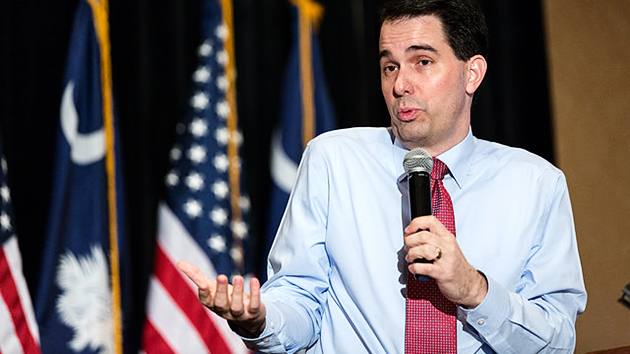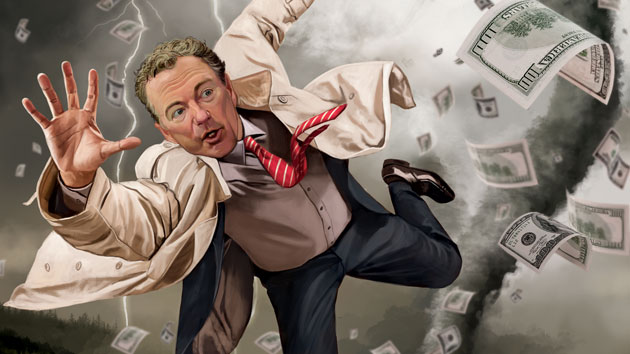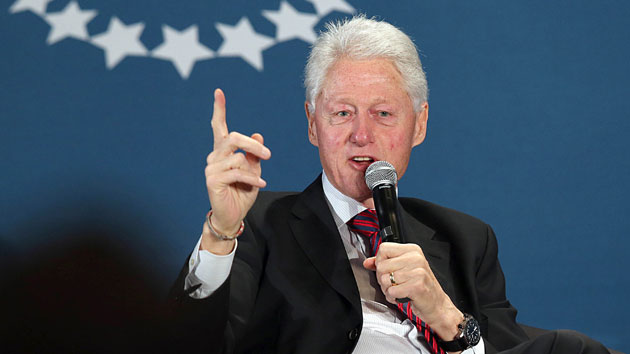
Seth Perlman/AP
In 2003, The New Yorker dispatched acclaimed novelist Jonathan Franzen to write a mega-profile of Denny Hastert, who four years earlier had improbably become House speaker following Newt Gingrich’s implosion during the Clinton impeachment scandal. (During the Clinton mess, Hastert was an advocate of impeachment, at one point castigating the president for his “inability to abide by the law.”) With the developing news that Hastert has been indicted for allegedly violating banking laws while paying $3.5 million in hush money, apparently to conceal sexual abuse involving a male student at an Illinois high school where Hastert once taught and coached wrestling, Franzen’s lengthy take serves up useful insights (and what now appear to be a few wrong notes) about a man who was often described as a rather forgettable politician.
Below are several snippets (subscribers to the magazine can find the full article here):
- “Hastert’s public persona, to the extent that he has one, is the Coach.”
- “When I asked him if he had gay friends, he replied that he has friends who are single. ‘They’re really good people,’ he said. ‘And I’ve never asked.’ Does he care? ‘If I cared,’ he said, ‘I’d probably ask.’ (He is uncomfortable with Senator Frist’s advocacy of a constitutional amendment to ban gay marriage. ‘I think the courts should decide that,’ he said.)”
- “‘With me, what you see is what you get,’ Hastert told me the first time we met, in June. ‘There’s not a lot of nuances here.'”
- “Later in the speech, [Hastert] describes the Speaker’s office in the Capitol. ‘It has a great big chandelier in it,’ he says. ‘Yeah-oh, I was a high-school wrestling coach. I never thought I’d have an office with a chandelier.“
- “As a coach in Yorkville [Illinois], Hastert was famously impassive during matches. While opposing coaches paced at the edge of the mats and shouted at their wrestlers (‘Stand up!’ ‘Grab the wrist!’ ‘Head up!’), he sat silently, with his arms crossed over a clipboard.”
- “For Hastert, though power seems always to have been more about service than about the advancement of his own ends or vision. He became a born-again Christian in high school, and much of his time at Wheaton College, an evangelical institution, was devoted to religious study… [H]e comes from a religious college that provided instruction in service and submission, rather than in partying and doubt.”
- “What you see there—a Speaker who delivers the Republican goods—really is what you get. It doesn’t matter, in the public realm, what kind of person Hastert is. It matters only privately that, to do the brutal work in Washington, he requires psychic ballast back in Illinois.”
Franzen wasn’t the only one who promoted the Coach Hastert theme. When Hastert wrote his own autobiography 10 years later, he titled it, Speaker: Lessons from Forty Years in Coaching and Politics.
















